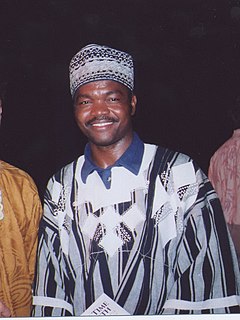A Quote by Chester Middlebrook Pierce
Every child in America who enters school at the age of five is mentally ill, because he comes to school with an allegiance toward our elected officials, toward our founding fathers, toward our institutions, toward the preservation of this form of government that we have. Patriotism, nationalism, and sovereignty, all that proves that children are sick because a truly well individual is one who has rejected all of those things, and is truly the international child of the future.
Quote Topics
Age
Allegiance
America
Because
Child
Children
Elected
Elected Officials
Every
Fathers
Five
Form
Founding
Founding Fathers
Future
Government
Ill
Individual
Institutions
International
Mentally
Mentally Ill
Nationalism
Officials
Our
Our Founding Fathers
Patriotism
Preservation
Proves
Rejected
School
Sick
Sovereignty
Things
Those
Toward
Truly
Well
Related Quotes
Ethics cannot be based upon our obligations toward people, but they are complete and natural only when we feel this Reverence for Life and the desire to have compassion for and to help all creatures insofar as it is in our power. I think that this ethic will become more and more recognized because of its great naturalness and because it is the foundation of a true humanism toward which we must strive if our culture is to become truly ethical.
When any relationship is characterized by difference, particularly a disparity in power, there remains a tendency to model it on the parent-child-relationship. Even protectiveness and benevolence toward the poor, toward minorities, and especially toward women have involved equating them with children.
we are continually overflowing toward those who preceded us, toward our origin, and toward those who seemingly come after us. ... It is our task to imprint this temporary, perishable earth into ourselves so deeply, so painfully and passionately, that its essence can rise again “invisibly,” inside us. We are the bees of the invisible. We wildly collect the honey of the visible, to store it in the great golden hive of the invisible.
It is not up to us to particularize, but rather to deduce that the concepts of human rights originated from the divine influence because, as far as we are concerned, we are compelled to recognize our slow individual evolution from fierce selfishness toward a universal love, from the iniquity toward true justice.
In every child who is born, no matter what circumstances, and of no matter what parents, the potentiality of the human race is born again: and in him, too, once more, and of each of us, our terrific responsibility toward human life; toward the utmost idea of goodness, of the horror of terror, and of God.

































